7 min read
Protected Industrial Action / QNMU Strikes Information
By: NPAQ on May 8, 2025 4:47:38 PM
While NPAA and NPAQ also wish to promote the claims and take part in bargaining, they have been prevented from doing so due to amendments to industrial laws by the State Government in November 2022.
Despite being critical of QNMU’s vague bargaining position, with no clear log of claims; NPAQ encourages support of QNMU’s efforts that seek to get a better deal for Queensland nurses and midwives, particularly while the Queensland Nurses for Choice and Health (QNCH) is facing significant objections to its registration.
Employees should be aware of the risks of industrial action such as strikes, in Queensland, industrial action is not automatically protected, and must be given the blessing of the Queensland Industrial Registrar.
This blog explains the difference between industrial activity and industrial action, when they are protected, and your rights in joining, or not joining, industrial actions and activities.
Summary
Enterprise Bargaining can create disagreements and disputes between employees and employers; these disputes could lead to dramatic strikes and historically these industrial disputes could sometimes even result in violence and vandalism.
In an attempt to reduce disruptions to the economy, Australian governments have legislated Industrial Relations frameworks that seek to strike a fair balance between employees rights to act in their interests, and the public interest in maintaining the operation of the economy - particularly large employers, resulting in the concept of “protected industrial action”.
The crux of Queensland public sector industrial action is this:
- Only members of registered organisations (e.g. QNMU, and QNCH if it were to become registered) are ‘protected persons’ regarding industrial action;
- Industrial action is only legally “protected” as long as it complies with a list of regulations, including being granted the blessing of the Queensland Industrial Registrar;
- Even if industrial action is protected, Queensland Health may take industrial action in response which may include withholding payment;
- If industrial action is taken and not protected, it could result in disciplinary action without a defence.
What is industrial activity?
Industrial activity is different from industrial action.
While industrial action can be considered an industrial activity, very few industrial activities would be considered industrial action.
Industrial activity applies to everyday union activities, whereas industrial action takes place during industrial disputes.
“Industrial activity” is defined in section 290 of the Industrial Relations Act 2016 (Qld) (‘IR Act’) as participating, supporting, or joining lawful activities promoted by an industrial organisation, such as QNMU or QNCH (if it were to become successfully registered).
- Protection for lawful industrial activities: People are generally protected from acts or decisions that seek to prevent industrial activity, provided these activities are lawful (see section 291 IR Act) the same way workers are protected for workplace rights (such as complaining through a grievance procedure or raising a pay enquiry).
- No coercion: It is unlawful for one person to coerce another person into undertaking industrial activity or becoming a member, or otherwise pressure them not to take industrial activity or not become a member of an industrial organisation (see section 292 IR Act).
- No misrepresentations: Similar to the prohibition on coercion, no one can misrepresent a person's obligation to take industrial activity (see s 293 IR Act).
- Restricted to registered organisations only: Since amendments in November 2022, NPAA and NPAQ cannot claim to take industrial activity on behalf of members in the Queensland public sector (see s 293A IR Act). A number of NPAA and NPAQ members have therefore attempted to register QNCH to overcome these restrictions, which is being ferociously opposed by the legacy unions.
A person does not seem to have to be a member in order to be protected when undertaking industrial activity, for example a person would be protected if doing the following lawful activities:
- Signing a petition of the QNMU;
- Joining discussions regarding potential industrial action / striking;
- Sharing lawful pamphlets regarding enterprise bargaining; and
- Other minor activities that promote your industrial interests.
If someone believes that there is coercion or reprisals for industrial activity, they would apply to the Queensland Industrial Court or Commission for remedy via a general application QIRC form 1 (this is authorised by section 309 IR Act).
What is Industrial Action and when is it “protected”?
Industrial action is an activity taken as part of either:
- Enterprise bargaining: As a negotiating party for a proposed bargaining instrument; or
- Formal industrial dispute: An industrial dispute, which must first be notified to the Industrial Registrar by a QIRC form 10 (required by section 261 IR Act).
We focus here solely on industrial action taken as part of enterprise bargaining.
Industrial action is defined by sections 233 IR Act to be:
- Must be a registered union: Action organised by a member of officer of a registered organisation, such as QNMU or QNCH (if it becomes registered by QIRC), defined as ‘protected persons’;
- Support EB claims: The action must be for the purpose of advancing a claim made as part of negotiations (e.g. a specific pay-rise);
- Follows good-faith bargaining: For it to be protected, it must only be taken where negotiations have been undertaken in good-faith;
- Approved by the Industrial Registrar: Industrial action must be approved by the registrar after the further regulations at section 235 IR Act are complied with, before it is protected;
- Notice must be given: A notice must be given according to section 236 IR Act before the action is protected; and
- Is not unprotected: Industrial action is not protected if its action that is defined in the next section 234 of the IR Act.
Section 234 IR Act explains that, even if the above is satisfied, action relating to bargaining is automatically not protected if:
- Only after expiry: Industrial action must wait until after expiry of the enterprise agreement;
- Not during peace period: Some agreements have attached a peace obligation, where industrial action won’t be taken, and action cannot lawfully occur during these times; and
- Not during arbitration: Action is not protected if it’s taken during a period where the Queensland Industrial Court of Commission is arbitrating a dispute.
It’s clear from the above that, similar to the registration of new unions, the regulatory requirements for industrial action are extremely onerous.
Strikes are one of the most significant actions, and a hard-strike action is unlikely to be protected, despite NPAQ’s hopes and support that QNMU and nurses generally manage a higher pay offer for Queensland nurses.
Why does industrial action need to be “protected” first?
It’s the law, if it’s not protected and taken anyway, workers may be liable for disciplinary or regulatory action (as we have seen with Mental Health workers recently in NSW).
The decision to join unprotected action should not be taken lightly, and should only be done with awareness of the risks involved.
What if I’m not a QNMU member, how do I join their industrial action?
Participating in petitions is protected activity, however the next step, like a strike, will only be protected if approved by the Industrial Registry.
If this occurs, and you’d like to know if you’re protected if you participate, you should check the scope of the protected action (it should be in the notice, we can help locate this).
If the protected industrial action applies to “employees covered by the agreement” or something similar, you may be protected even if not a member of the registered organisation.
If QNCH were to become registered, they may also contribute to actions that support and promote the claims. Thought this is being opposed, meaning it’s unlikely that representation would be available during this period.
For more information about QNCH or to join, visit: npaq.redunion.com.au/news/qnch
Related Posts
Letter to QLD premier: Dr Jillian Spencer Must Be Reinstated, Act Now on Transgender Ideology
Download the PDF version of the letter here.
Breaking the Monopoly: QNCH Fighting for Nurses' Right to Choose with NPAQ Support
Queensland Nurses for Choice and Health (QNCH) with NPAQ support is gearing up to imminently apply...
QNMU litigation against NPAQ
NPAQ recently received a letter of demand from QNMU’s lawyer regarding our advertising and our...


